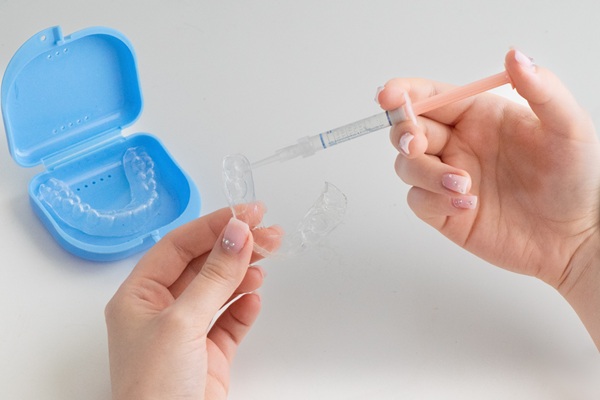Pediatric Dentistry FAQ’s

Pediatric dentistry is the branch of dentistry that caters for infants, children, and adolescents. The following are frequently asked questions about pediatric dentistry.
Pediatric Dentistry FAQ
When is my child due for their first appointment?
You should book an appointment with the dentist immediately after the first tooth erupts. The America Academy of Pediatric Dentistry suggests an appointment at the age of one or six months after the first tooth comes in.
What is the difference between pediatric dentistry and other types of dentistry?
Every dental professional (orthodontist, oral surgeons, pediatric dentist) have to graduate from dental school before proceeding for extra, specialized training. While undergoing training in pediatric dentistry, these specialists learn extensively about treating children and adolescents. Pediatric dentists are generally friendlier to kids and are usually experts in childhood behavior and development.
What should I expect during my child’s first dentist appointment?
The initial visit is typically straightforward and simple. Mostly, the dentist will attempt to get acquainted with your child and provide some primary dental care tips. The doctor will examine your child’s teeth to check their condition and alignment and check the gums and jaws for possible issues.
Sometimes, minor cleaning may be necessary. The dentist will also answer any questions you may have about techniques to ensure proper dental care for your kid’s teeth as they erupt and possibly give you help materials for home reference.
How do I prepare my child for the first dentist visit?
The best way to prepare your child is by putting on the best attitude. If you are apprehensive and make negative comments on your dentist trips, your child will pick that up and become scared. Instead, let your child know the importance of optimal oral health and that the dentist is there to help.
The pediatric dentist is professionally trained to put your child at ease during treatment and make their first doctor’s appointment memorable.
How frequent should the dental visits be?
Experts generally recommend regular checkups once every six months. Based on the condition of your child’s dental health, the trips may be more frequent than that. If your child experiences any discomfort, you need to visit your dentist immediately.
Since babies do not have permanent teeth, why care?
Although the first set of teeth are temporary, they are crucial to his development. These teeth are required for the development of their permanent teeth. Once they erupt, these first set of teeth help with speech, smile, and chewing.
Temporary teeth also set the space for permanent teeth. If damage or decay occurs to that tooth, surrounding teeth may intrude into space, causing dislocated or crooked teeth. Also, your child’s oral health affects his or her overall health.
What is the best method for cleaning my child’s teeth?
Before the first tooth erupts, you should clean his gums after meals with a wet, soft, fabric material. When the first tooth forms, get a toothbrush with a small head and soft bristles to clean his mouth. Infant toothbrushes are usually available in the local drugstore.
We are always here to answer questions!
Have more questions? Never hesitate to contact our office and let us answer any additional questions or concerns you may have!
Request a dental appointment here: https://www.mycaredentals.com or call My Care Dental at (512) 590-6634 for an appointment in our Austin dental office.
Check out what others are saying about our services on Yelp: Read our Yelp reviews.
Recent Posts
Teeth whitening helps many adults lift everyday stains while keeping appointments simple and predictable. At-home trays use dentist-recommended gel and a snug fit to gradually brighten enamel, supporting comfort and consistency. This approach fits busy routines, allows adjustments along the way, and encourages long-term shade maintenance with periodic touch-ups after professional cleanings.Teeth whitening gel contains…
Mouthwash, or mouth rinse, is commonly recommended by general dentists to add to an at-home oral hygiene routine. These rinses help eliminate harmful bacteria in the mouth that can cause decay, gum disease, and bad breath. However, some individuals have concerns that mouthwash can harm their oral and overall health.There are several types of mouthwash…
An immediate visit to an emergency dentist becomes necessary when severe tooth pain or infection disrupts your comfort and overall quality of life. This dental professional provides immediate evaluation and relief, particularly when a root canal is required to preserve a damaged or infected tooth. Root canal treatment from an emergency dentist can help alleviate…
Gum disease is a common yet often overlooked condition that affects millions of adults worldwide. It begins subtly, often without noticeable pain, making it a silent threat to both oral and overall health. Left untreated, gum disease can progress from mild inflammation to a severe infection, potentially leading to tooth loss and contributing to other…


